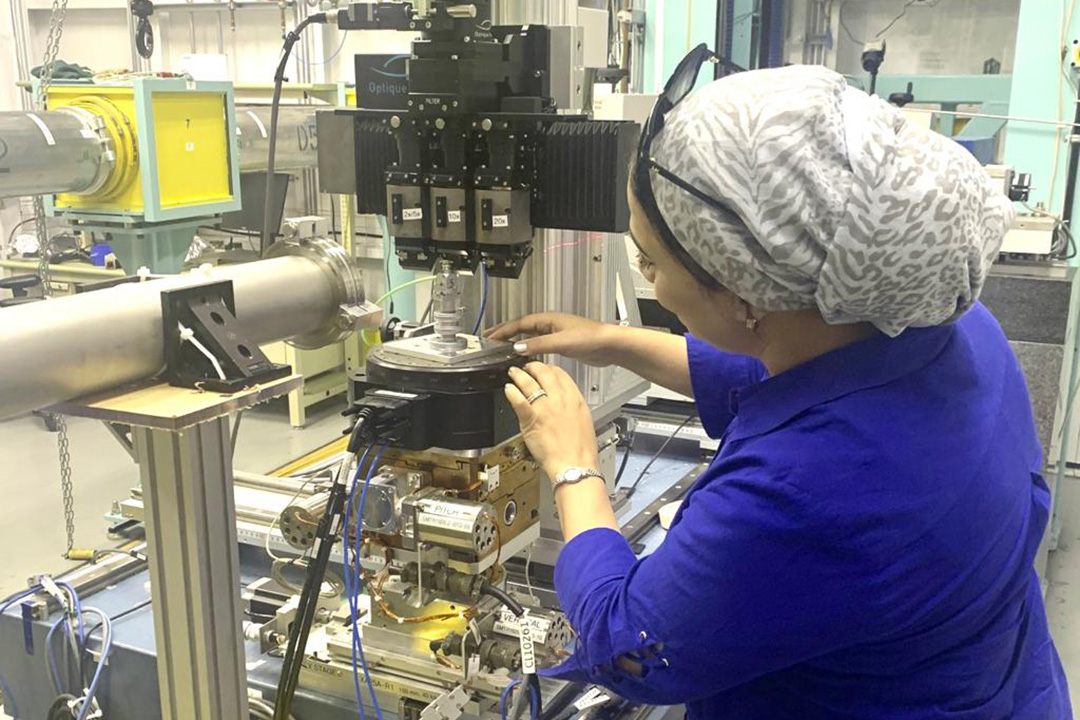
A focus on impact
Dr. Abdelrasoul’s primary motivation is to help patients – and to raise awareness about the importance of kidney health in the process. “There is this sense that what we currently have for dialysis patients is good enough,” she says. “But when these people are suffering and dying, we need to do more. The goal is to improve the quality of life for those who currently have to spend a lot of their time hooked up to a machine in a hospital.”
A wearable kidney, which would work on the same principle as the portable pancreas (a portable insulin pump used by diabetics and worn discreetly on the body), would allow patients the freedom to engage in daily activities while receiving their life-saving treatment.
“While this can make life easier for everyone, it is especially impactful for someone living in a rural area who faces limited access to dialysis units, the burden of transportation costs, and risks related to travelling in hard weather,” she says. “My research program aims to enhance the quality of life for all patients across different backgrounds with different ages, biological sexes and races. We’re working with St. Paul’s Hospital in Saskatoon, a provincial leader in renal disease, and we’re also establishing collaborations with Indigenous communities to better support Indigenous patients.”
Dr. Abdelrasoul and her team have already filed a patent for innovative membrane material that promises better patient outcomes in terms of reducing inflammation and complications. While taking such innovation to impact can mean “expensive research and materials,” she insists that “this will not only reduce undesirable symptoms but will also help save health-care costs in the long run by reducing required frequency of dialysis sessions and reducing the need for other medical interventions and hospital stays.”
Earlier this year, the team – together with Push Interactions – launched an app that allows a patient-centred environment for dialysis patients and to raise awareness. Named Abdelrasoul Dialysis, the app aims to bring the “experiences of a community of patients, including their physical and psychological symptoms and concerns, to bear on research,” she adds.
In addition to the research progress towards a wearable kidney, Dr. Abdelrasoul is also working to advance tools for physicians treating kidney disease. “I found that prescribing the type of module that is right for an individual patient can be challenging for doctors,” she says. “That’s why we’re developing mathematical models that can predict inflammation based on what membranes and clinical practices are used. This, in turn, will allow physicians to choose the therapies that carry the lowest risk for each patient.”
Both efforts – computational models for reducing negative outfall of therapies and membrane research for improving the dialysis process – aim to address the same challenge “from different angles,” she says. “We are getting closer, step by step, and I’m really proud of all that has been achieved.”
Original article published at the Globe and Mail.
USask pioneering wearable kidney and other patient-centric solutions - USask News
Read More

No comments:
Post a Comment